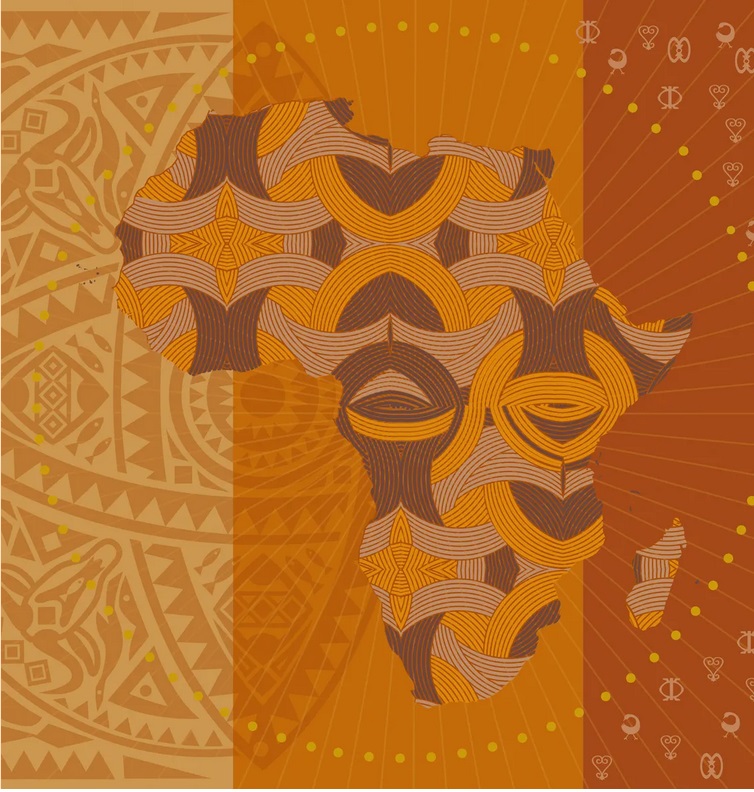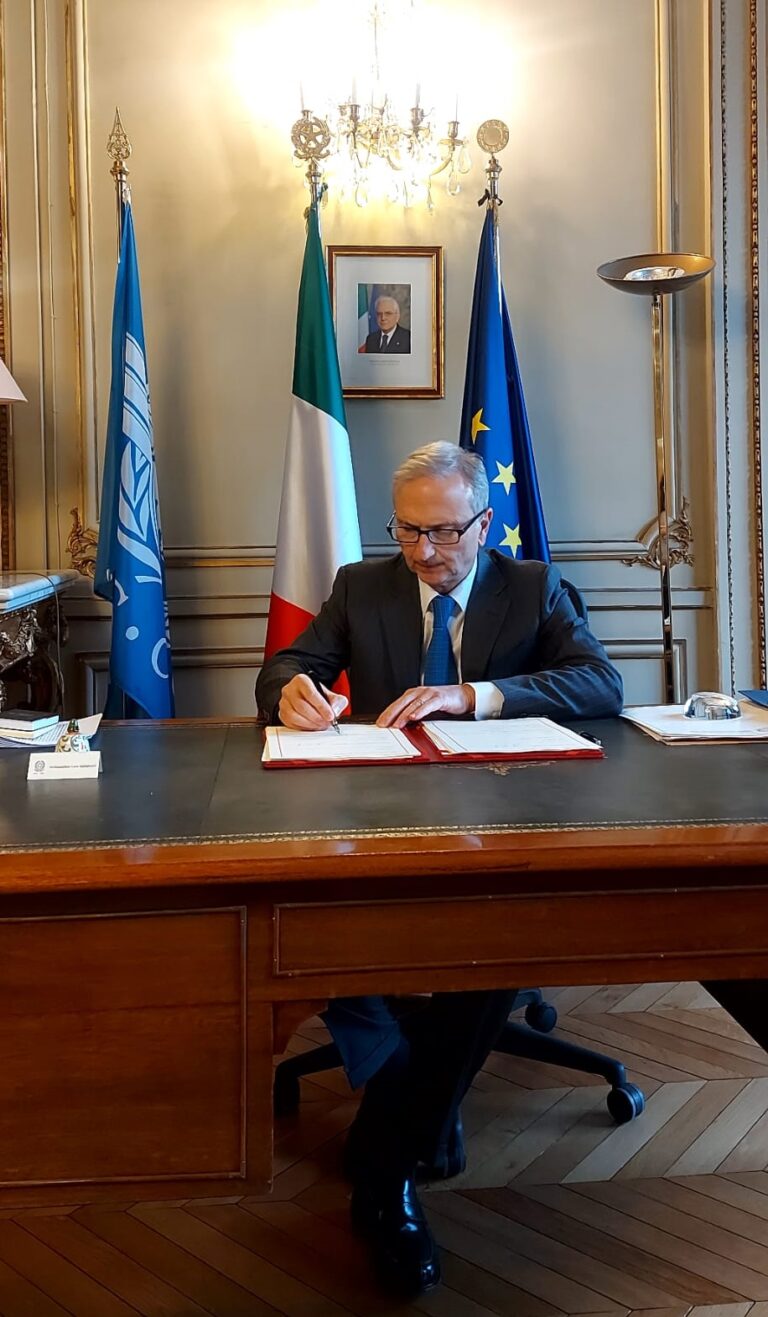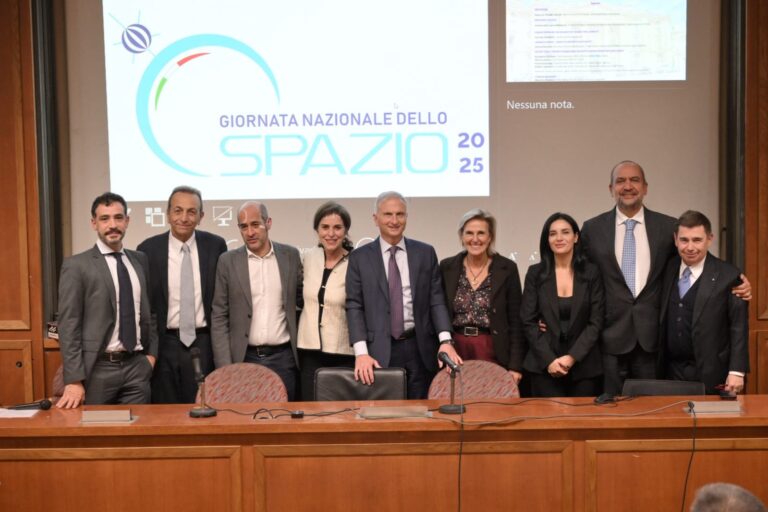Webinar
The fight against energy poverty
SDG7 in the global dialogue: the Italian contribution and future perspectives
– 19 October 2021 h 11.00 –
The issue of energy poverty is increasingly at the center of the global debate on energy and of the collective commitments that countries make in multilateral contexts, particularly in its connection with the ongoing energy transition.
The Italian presidency of G20 adopted a report on the eradication of energy poverty by Sustainable Energy for All as one of its program documents. The United Nations made it a constant topic of discussion through SDG 7 of the 2030 Agenda. IEA and IRENA developed analyses and plans centered on the energy access as one key topic for the energy sector.
This linkage between SDG7 and energy transition has a significant impact: on the one hand because an energy transition not equitable and that does not directly benefit people is not possible and, on the other hand, because the right to energy access for people will have an impact on the possibility of meeting the 2050 decarbonisation targets.
The IEA and IRENA are the forefront of international efforts to assess and understand the persistent energy access deficit and chart a path towards energy for all by 2030. In June 2021, IEA, IRENA, the United Nations Statistics Division, the World Bank and the World Health Organisation published a report entitled: “Tracking SDG7: The Energy Progress Report”, which highlights how the Covid-19 crisis has unfortunately reversed progress on energy access, making the most vulnerable sections of the population feel the worst effects of the pandemic.
During the last decade, a proportion of the global population has gained access to electricity as never before, but the number of people without electricity in sub-Saharan Africa has simultaneously increased. Analysis developed by the IEA shows that the number of people without access to electricity in sub-Saharan Africa is set to increase in 2020 and 2021 due to the Covid-19 pandemic, reversing several years of progress.
In addition, the report estimates that rising poverty levels around the world may have already made basic electricity services unaffordable for more than 100 million people who already had an electricity connection in Asia and Africa, pushing these households to rely on more polluting and inefficient energy sources.
Unless efforts increase significantly in the countries with the largest deficits, the world will not achieve universal access to affordable, reliable, sustainable and modern energy by 2030.
Since 2010, significant progress has been made on various aspects of Sustainable Development Goal (SDG) 7, but progress has been uneven across regions. Nigeria, the Democratic Republic of Congo and Ethiopia have had the largest electricity access deficits, with Ethiopia replacing India in the Top 3.
With current policies and those planned to date and further affected by the COVID-19 crisis, it is estimated that 660 million people will still be without access in 2030, most of them in sub-Saharan Africa.
At the same time, some 2.6 billion people remained without access to clean cooking techniques in 2019, a third of the global population. Progress that has largely stagnated since 2010 leads to millions of deaths each year from breathing kitchen smoke, and without swift action to increase clean cooking, the world will miss its 30% target in 2030.
Among the many ways to close the gaps to achieve SDG7 a significant increase of renewable energy is a crucial aspect. The current efforts must accelerate in all end-use sectors, while containing total energy demand.
Accelerating progress across all regions and indicators will require stronger political commitment, long-term energy planning and appropriate policy and incentives to scale, leaving no one behind, to drive faster adoption of sustainable energy solutions.
Ambition, dialogue and cooperation at global level, combined with the exchange of experiences developed at local level will be key to responding adequately to the challenge of energy access.











